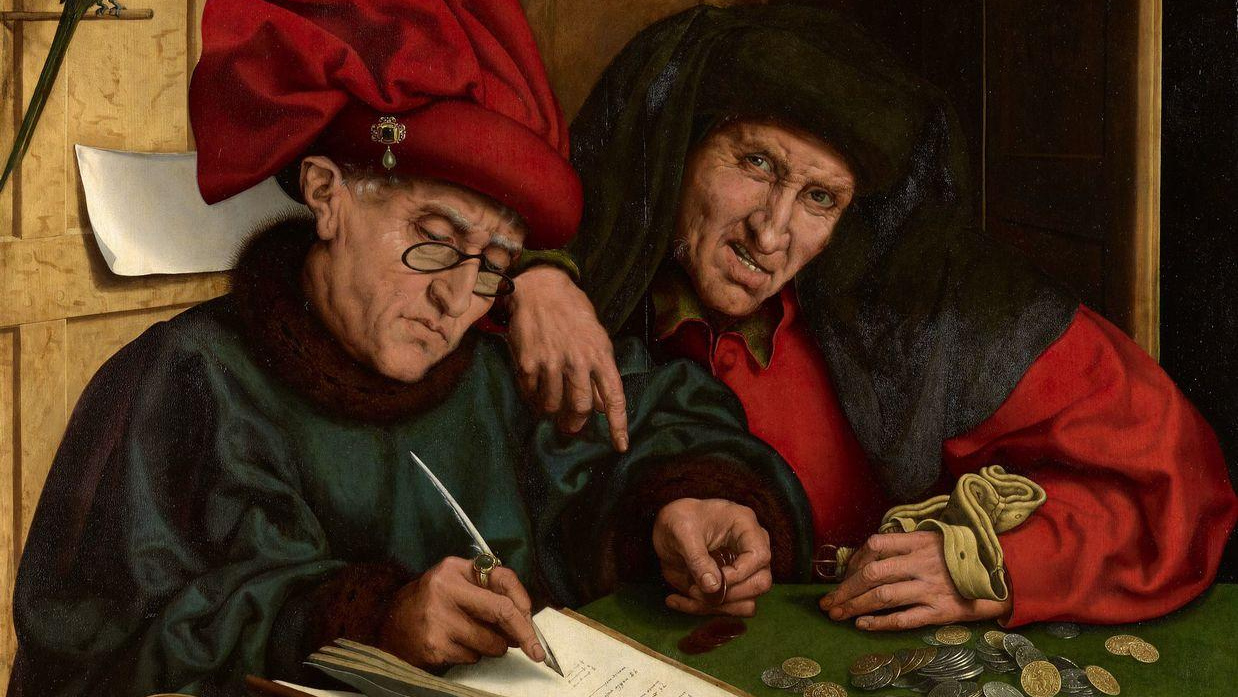
The Sindh government signed a decree to increase the tax on the sale of services in Pakistan’s Sindh province to 15% from July 1, 2024, the Express Tribune reported on June 15.
The increase was 2 percentage points (previously the NSP in the province was 13%). Experts say that the decision to increase the indirect tax will definitely affect the standard of living of the poorest sections of the population in the province, through another increase in inflation caused by the increase in the NSP.
At the same time, the authorities hope to increase ESP collection in the province by 120 billion rupees (42 billion rubles), bringing the total volume to 350 billion rupees (122 billion rubles).
It is also reported that along with the growth of the NSP, the government increased taxes and fees on some types of professional activities to 2 thousand rupees (700 rubles) per year, which is a 4-fold increase. The agency does not indicate the types of activities on this list for which taxes have increased.
There has been a significant increase in taxes on cars imported and assembled in Pakistan – up to 450 thousand rupees (157 thousand rubles).
“We have proposed to increase the luxury tax on imported cars with engines of different sizes, from 1.5 liters to 3 liters, by an amount ranging from Rs 150,000 to Rs 450,000.”said Sindh government chief Murad Ali Shah.
Taxes on property of gas stations for fuel and natural gas have increased by 300%, up to 20,000 rupees (7,000 rubles). Taxes on the sale of air tickets for domestic flights (up to Rs 2.5 lakhs) and international air travel (up to Rs 1,000) were also increased.
At the same time, the Sindh government announced tax cuts on digital services, particularly in the restaurant and telecom industries. This decision is motivated by the desire to develop the digital economy in the province. For example, the EPT amount in the case of paying for a restaurant with a bank card, QR code or digital wallets will be only 8%.
Recall that in the recently announced Sindh draft budget for the financial year 2024/25, the total tax collection amounts to 662 billion rupees (232 billion rubles), that is, about 22% of the projected revenue of 3.06 trillion rupees (more than 1 trillion rubles). The provincial government hopes to cover the remaining 78% through federal tranches, bank loans, external investments in foreign projects, as well as balances from the previous year.
In light of the new negotiations with the IMF, Pakistan faces quite strict plans to carry out economic and financial reforms. At the same time, the government is currently trying to get closer to the indicators outlined by representatives of the international lender through a simple tax increase, which will almost certainly lead to a new rise in inflation.
As far as can be judged, there is still no talk of systemic changes in the economy and fiscal policy. In particular, there is no sign that taxes will be imposed on Pakistan’s largest landowners, who, in a tradition dating back to British India, do not pay any direct taxes on their property.
Source: Rossa Primavera
I am Michael Melvin, an experienced news writer with a passion for uncovering stories and bringing them to the public. I have been working in the news industry for over five years now, and my work has been published on multiple websites. As an author at 24 News Reporters, I cover world section of current events stories that are both informative and captivating to read.
